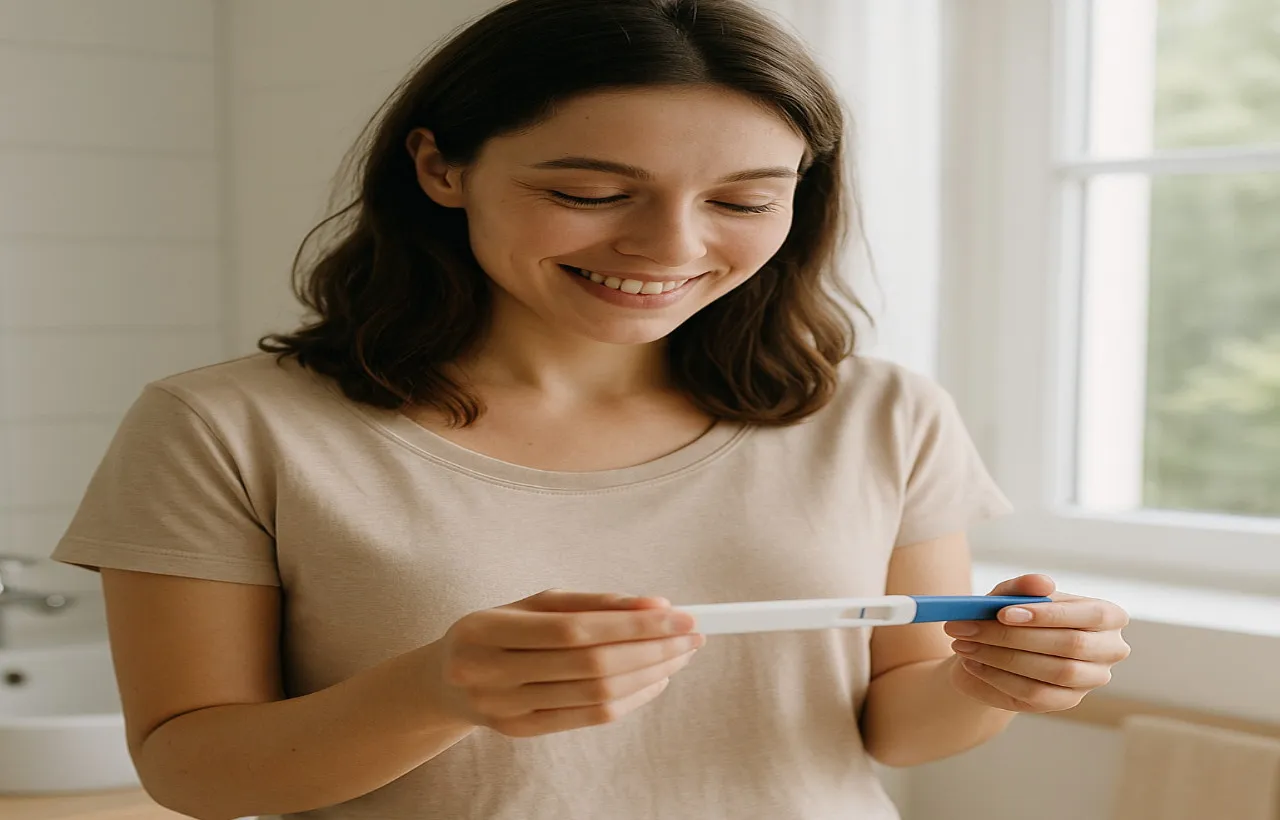Pregnancy is a life-changing journey, and for many women, the first question that comes to mind when they suspect they might be pregnant is: “How soon can I confirm it with a urine test?” Whether you’re planning a pregnancy or just being cautious, understanding the timeline for accurate pregnancy testing can ease your anxiety and help you take the right steps forward.
Understanding How a Urine Pregnancy Test Works
Home pregnancy tests work by detecting the presence of human chorionic gonadotropin (hCG), a hormone that the body begins to produce soon after a fertilized egg implants in the uterine wall. Pregnancy typically becomes detectable around 6 to 10 days following ovulation. The hormone enters your bloodstream first and then is excreted through your urine.
When the hormone hCG reaches a sufficient level, a pregnancy can be identified through a urine test. Most home pregnancy tests are designed to detect 25 mIU/mL or more of hCG, which is considered a reliable threshold for confirming pregnancy.
Table of Contents
How Many Days After Sex or Ovulation Can You Take a Urine Test?
For the most accurate results, it’s recommended to take the test one to two days after a missed period. For many women, this is about 14 days after ovulation or approximately 21 days after the first day of their last menstrual period (LMP).
If your periods are irregular, it’s best to count around 14 to 16 days after ovulation, not just the expected date of your period.
Some tests designed for early detection claim they can be used up to six days before the expected period, but testing too early may lead to a false negative result due to insufficient hCG levels.
Factors That Affect Test Accuracy
Even if you’re eager to know, testing too early can lead to unreliable results. Several factors can affect how accurate a urine pregnancy test is:
- Timing of the test: Testing before hCG levels have risen enough may produce a false negative.
- Diluted urine: diluted urine caused by excessive fluid intake, which lowers the concentration of hCG.
- Testing at the wrong time of day: First-morning urine usually has the highest hCG levels.
- Improper test usage: Not following instructions can lead to misread results.
For the most accurate result, take the test in the morning and at least a week after your missed period if your cycle is regular.
also read OGTT Test in Bangladesh: A Complete Guide to Procedure, Preparation & Cost
What If the Result Is Negative but You Still Suspect Pregnancy?
If your urine test is negative but you still have symptoms of pregnancy
—such as nausea, fatigue, or missed periods—you should wait a few more days and test again. During the early stages of pregnancy, hCG levels generally increase by doubling every 48 to 72 hours.
In some cases, especially for women with irregular cycles, it may take longer for hCG to rise to a detectable level. For earlier and more sensitive detection, a blood test performed by a healthcare professional is an alternative to urine testing.
Conclusion
To summarize, a urine pregnancy test can usually confirm pregnancy around 1–2 days after a missed period, or roughly 14 days after ovulation. While it’s tempting to test earlier, waiting until the right time helps you avoid false negatives and unnecessary stress.
Always follow the instructions on the test kit carefully, use the first urine of the day for better accuracy, and consult a healthcare provider if you’re unsure about your results.
Knowing when and how to test empowers you to take the next steps confidently—whether that means preparing for a new journey into parenthood or simply getting clarity.
নতুন কিছু শিখতে চাই এবং সেখাতে চাই । অনভিজ্ঞও থেকে আপনিও হয়ে উঠুন অভিজ্ঞ।
